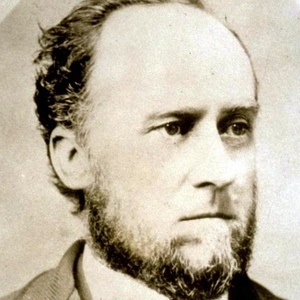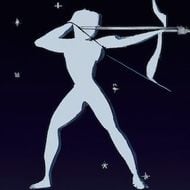William Albert Chapman
#138,602 Most Popular
About
Prominent Canadian writer and poet. He worked in the public sector, mining for gold during the latter part of the 19th century during the era of the gold rush. He prospered and was able to use his day job to fund the writing and publishing of his poetry collections. His poetry won many awards and much prestige, but he also suffered from mental illness and addiction with alcohol. Later in his life, he suffered greatly and was in and out of sanitariums between periods of drinking. This controversy filled much of his career and labeled him as confrontational, he believed, was the reason he was unable to fulfill his last wish to receive a Nobel prize.
Before Fame
He studied law at Levis College, located in Quebec. However, halfway through his studies, his older brother Robert died suddenly. Afterwards, his father forced him to turn towards the line of study at college that was more commercial and industry based. However, he was always reprimanded for day-dreaming. He worked first as a clerk before enlisting in the Canadian forces during conflict in his country. This was also the period of time when he published his first poem titled Reste toujours petit which, in English, translates to Always Stay Small.
Trivia
After his first few years out of college, he returned to university to study law at the Université Laval, but he did not complete his studies there. Instead, he entered the poem L'Algonquine (name for a group of Indigenous Canadians) in a contest and would soon after publish that in his first collection of poems: Les Québecquoises in 1876.
Family Life
His parents were of good standing in Canada: his father a merchant and his wife the daughter of a prominent lawyer. He would later marry and widow Louis Coursolles. They never had children.
Associated With
His editorial trademark amongst most of his poems is that he was would dedicate the pieces to writers who were already part of the literary establishment: such as James MacPherson, Octave Cremazie, Henry Wadsworth Longfellow, Alfred Demusset, Victor Hugo, Thomas Moore, Theophile Gautier. All a part of his both romantic and conservative style.












